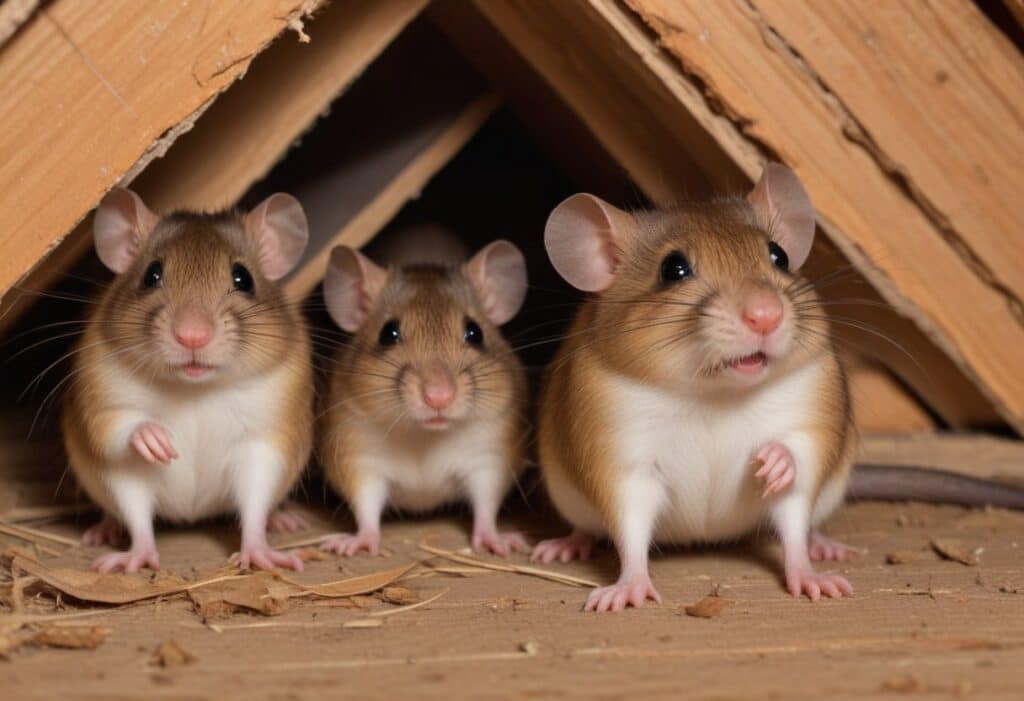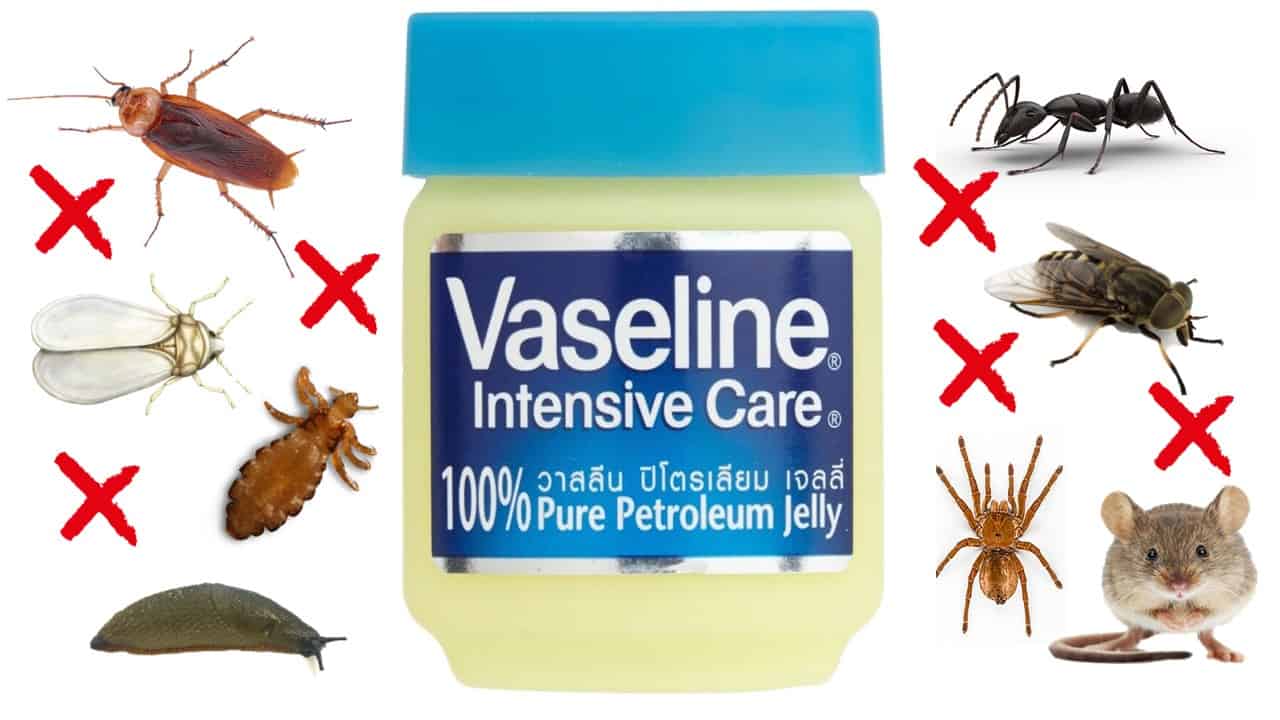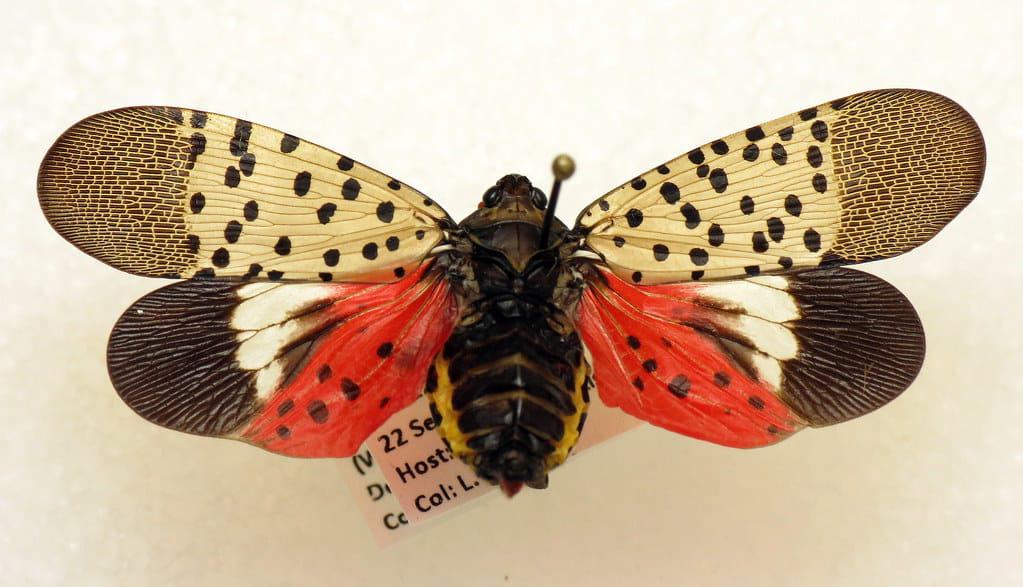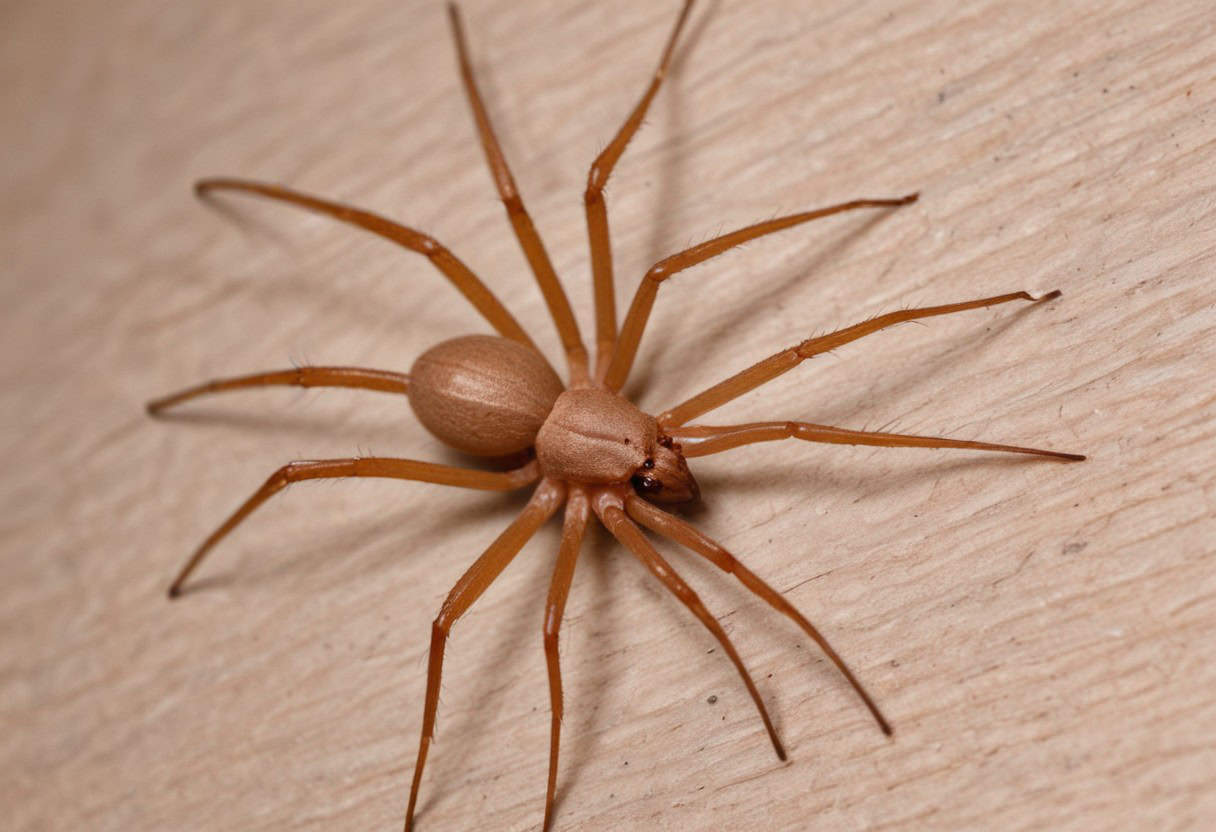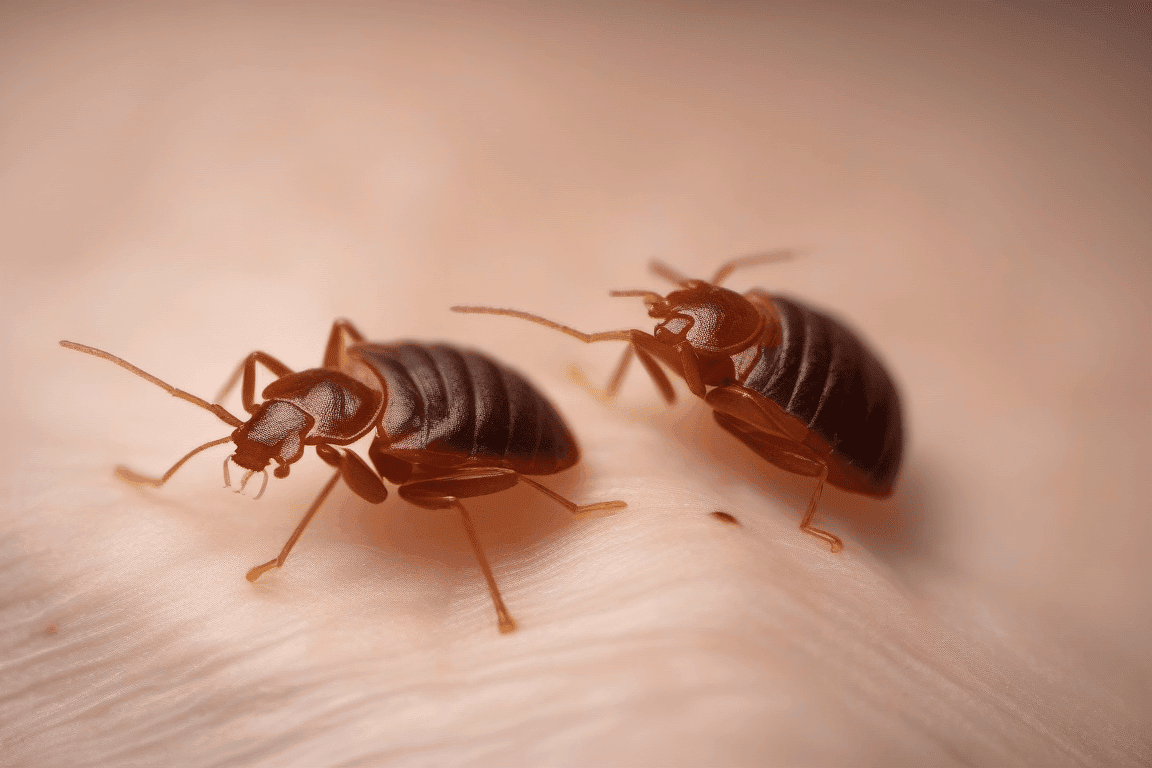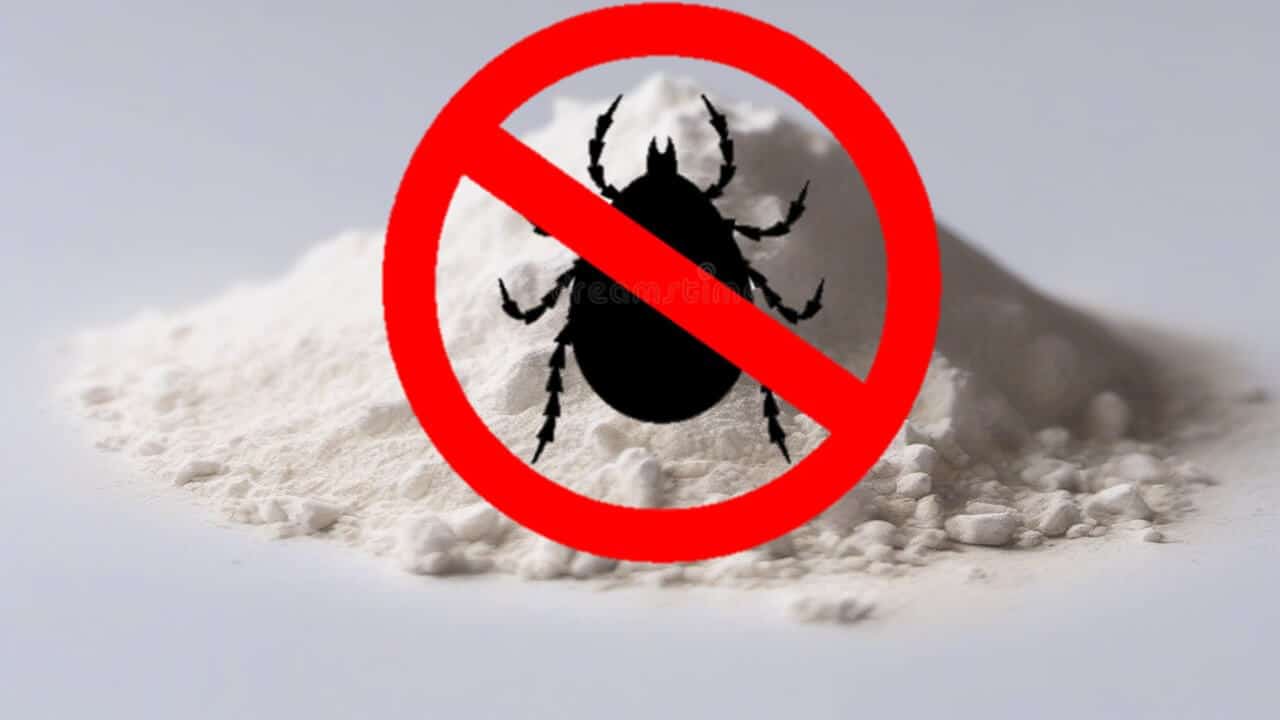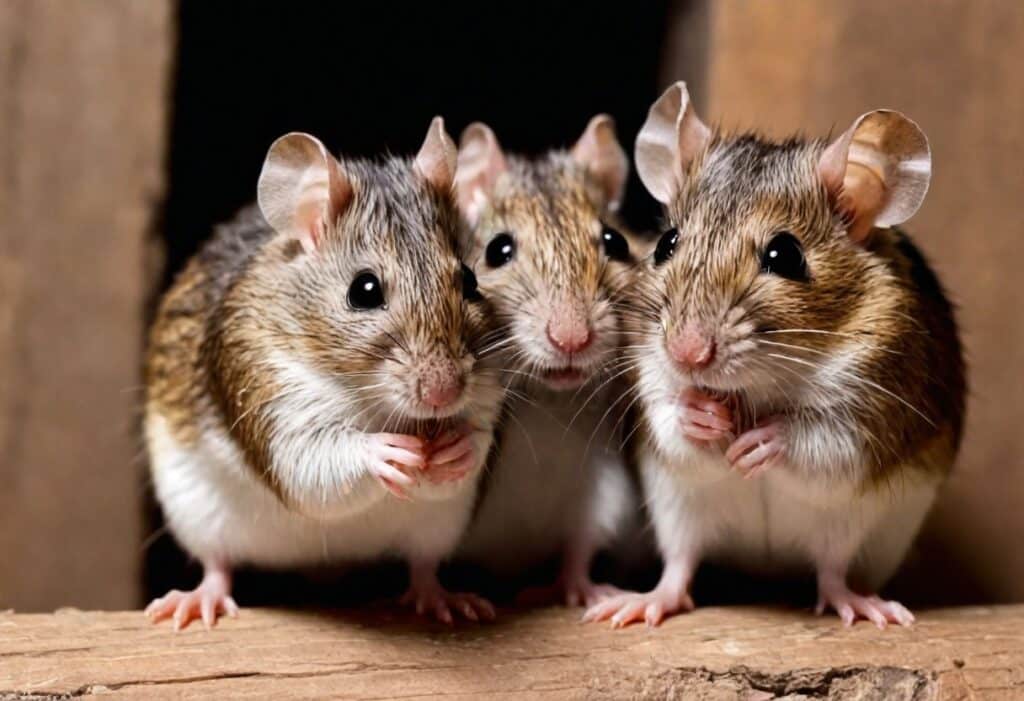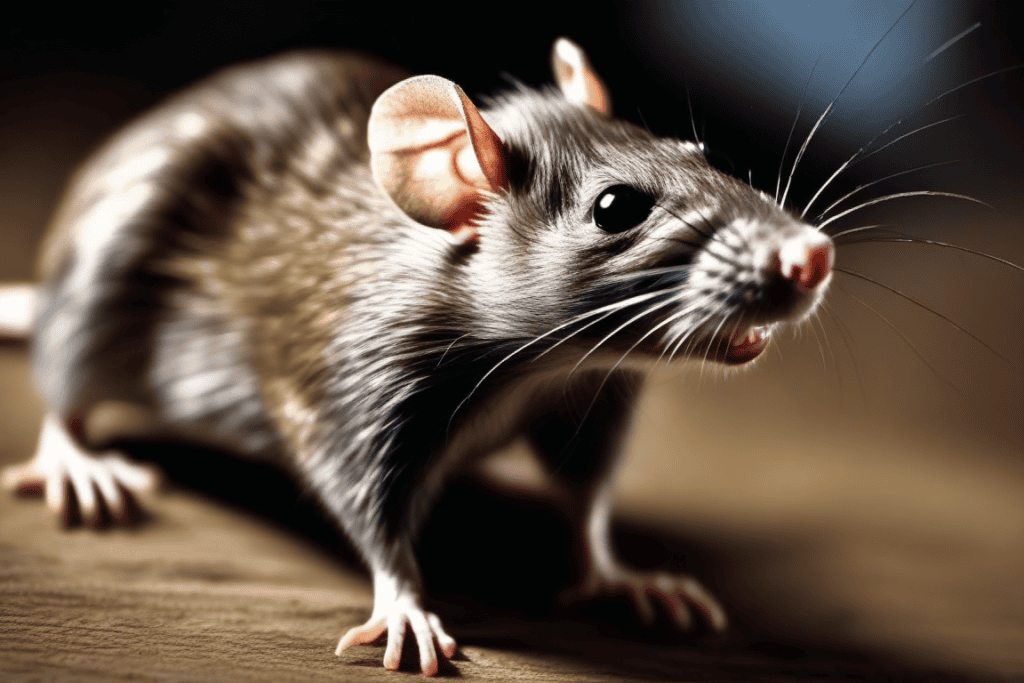Are you tired of playing hide-and-seek with those pesky attic-dwelling rodents?
Well, fret no more! This mind-blowing article and video (below) will spill the beans on how to kick those critters out for good. Get ready for action as we guide you through the wild world of rodent eviction.
From ingenious traps to clever repellents, we’ve got all the insider tips and tricks you need.
Don’t allow these furry fiends to take over your attic any longer! Watch now and restore peace in your attic!
Table of Contents
What are Rodents?
Rodents are small, furry creatures that scurry across floors and invade attics.
But what exactly are rodents? Rodents are mammals with two pairs of continuously growing incisors in the upper and lower jaws.
They belong to the order Rodentia, which includes species such as rats, mice, squirrels, beavers, and guinea pigs.
What makes these critters so successful at invading our homes is their adaptability. Rodents thrive in various environments and feel at home in urban and rural settings.
Their small size allows them to find openings as small as a nickel, enabling them to squeeze into our attics with ease. Despite their invasive nature, rodents play crucial roles in ecosystems.
Rats and mice are keystone species that provide food for predators like owls and snakes.
Squirrels help disperse seeds, which promotes forest regeneration. However, when they enter our homes uninvited, they can cause significant damage by chewing through wires or contaminating food storage with feces and urine.
So, how do we appreciate these creatures’ importance in nature while keeping them out of our attics?
That’s where effective pest control methods come into play.
What are the Methods to Eliminate Rodents from Your Attic?
1. Drop some mothballs
Mothballs are small balls of chemicals that emit a strong odor, which repels rodents.
These balls contain an active ingredient called naphthalene, which is toxic to rodents but harmless to humans when used as directed.
When placed in the attic, mothballs can disrupt the living environment of rats and mice. The smell disorients them, making it difficult for them to navigate and build nests.
While mothballs can repel rodents, use them cautiously as they pose health risks if not handled properly.
To ensure safety and effectiveness – follow the instructions on the packaging when using mothballs.
Avoid direct contact with skin or inhaling fumes by wearing gloves and a mask during handling.
Besides, ensure you place the mothballs out of reach of children and pets, as ingestion can lead to serious health problems.
2. Use glue traps
A popular method for eliminating rodents in the attic is using glue traps.
These sticky traps catch and immobilize rodents, removing them from your home. While glue traps may seem convenient, you should consider these crucial things.
Firstly, glue traps can cause unnecessary suffering for the trapped animals.
When a rodent becomes stuck in a glue trap, it can struggle for hours or even days before dying of exhaustion or dehydration.
This problem raises ethical concerns about whether it aligns with our pest control goals. In addition, using glue traps can pose potential health risks.
If you’re not careful when handling them, you could touch the trapped rodent or its droppings, leading to disease transmission or parasites.
It’s essential to take proper precautions by wearing gloves and disposing of the trap and any captured rodents.
3. Clean your attic
Cleaning your attic is crucial for eliminating rodents and maintaining a healthy and organized space. Remove all unnecessary items that may be cluttering your attic.
These items can provide hiding places for rodents and make it harder to spot any signs of infestation.
Use sturdy boxes or plastic containers to store items you want to keep, ensuring you seal them to prevent access from pests. Next, inspect your attic’s insulation.
Rodents often nest in insulation material, so if you notice any damage or droppings, replace it promptly.
Use rodent-resistant insulation materials, such as spray foam or wire mesh, to prevent future infestations. Finally, don’t forget about cleaning the surfaces in your attic thoroughly.
Vacuum or sweep up any dust and debris accumulated over time.
Use disinfectants designed for rodents’ droppings and urine to ensure complete sanitation.
Following these steps and keeping up with regular maintenance can create a clean and pest-free environment in your attic while preventing future rodent encounters.
4. Block entry points and trim overhanging tree branches
When evicting unwelcome attic dwellers, blocking their entry points is crucial.
Mice and rats are incredibly crafty creatures, capable of squeezing through the tiniest of gaps. Inspecting your attic for any cracks, holes, or openings for potential access points for these furry invaders.
Remember to check areas such as vents, chimney flues, and electrical wiring entrances – no gap is too small!
Once you’ve identified these openings, use steel wool or wire mesh to block them off completely.
In addition to blocking entry points inside your attic, don’t forget the role trees can play in rodent infestations. Overhanging tree branches pose a risk as they provide rodents an easy way into your home.
They can jump from these branches onto your roof and gnaw through weak spots in the woodwork.
Trimming back the branches that overhang your home is preventative against mice and rats.
Limiting their access points from above can reduce the chances of an unwanted visitor scampering into your attic.
5. Sprinkle some chili pepper flakes
Another natural and cost-effective way to eradicate rodents in the attic is to sprinkle chili peppers.
While this might sound like an unlikely solution, it can be effective.
Rodents have a strong sense of smell, and the spicy scent of chili pepper can irritate their nasal passages and mucous membranes. This discomfort will make them avoid the area altogether.
The capsaicin compound in chili peppers creates a strong odor and has a hot and spicy sensation that rodents find unpleasant.
Sprinkle chili pepper flakes near areas where you suspect rodent activity, such as entry points or nesting sites, to deter them.
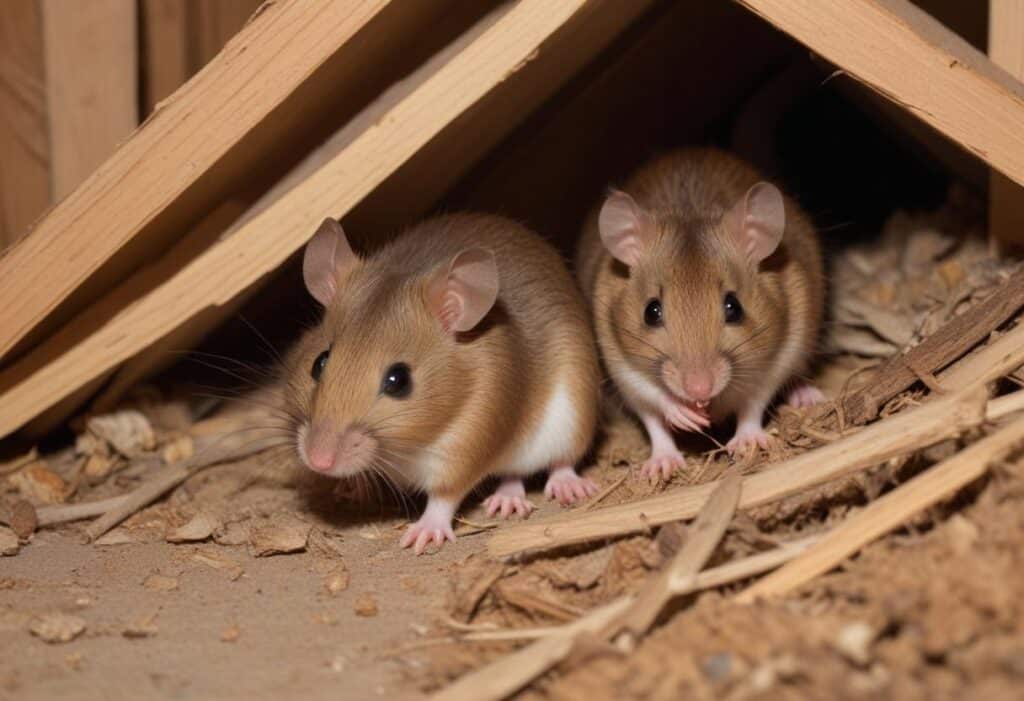
6. Use garlic
If you have rodents in your attic, you may have tried various methods to eliminate them. But have you considered the power of garlic?
That’s right, this common kitchen ingredient could solve your rodent problem. You see, rodents like mice and rats detest the strong smell of garlic.
Placing garlic cloves or hanging garlic braids in your attic can create an environment these pests can’t stand. But why does garlic work against rodents?
The pungent odor of garlic is offensive to our noses but also overpowering for animals with a heightened sense of smell, like rodents.
It implies that when they encounter the scent of garlic in your attic, it deters and forces them to seek shelter elsewhere.
Not only does this make it uncomfortable for them to stay in that area, but it also creates a barrier between your home and potential rodent invaders.
So next time you contemplate ways to ward off those pesky attic dwellers, think outside the box and drop some garlic into the mix – an all-natural solution that might do the trick!
7. Spray essential oils
Essential oils like peppermint, clove, or tea tree oil are powerful natural fragrances that can deter rodents in the attic.
Not only do these oils smell pleasant to humans, but they are overwhelming and irritating to rodents’ sensitive noses.
Peppermint oil is particularly effective in repelling rodents due to its strong scent.
Its menthol aroma is refreshing for us but overpowering for mice and rats.
Spray a mixture of equal parts water and peppermint oil around areas where you suspect rodent activity to create an unpleasant environment for rodents.
Another option is clove oil, famous for its pungent smell that deters rodents effectively.
Clove oil contains eugenol, which has a repellent effect on mice and rats when applied in concentrated form or diluted with water.
Mix a few drops of clove oil with water in a spray bottle and target areas with droppings or signs of rodent activity.
Tea tree oil also works wonders as a natural solution for keeping rodents away from your attic.
The odor of tea tree oil makes it unappealing for pests while having antiseptic properties that can help combat potential health issues from their presence.
Dilute tea tree oil with water before spraying it around the attic space as an effective preventive measure.
Conclusion
Eliminating rodents from your attic can be a challenging but necessary task.
Following these tips can help take control of the situation and reclaim your attic as a rodent-free zone.
Remember to inspect for entry points, seal them up, set traps or use repellents, and clean up any mess left behind.
Don’t allow these pesky intruders to continue to wreak havoc in your home.
Take action today! With determination and the right approach, you’ll soon bid farewell to those unwanted furry tenants.
So go on, show those rodents who’s boss, and enjoy a peaceful and rodent-free attic once again!

